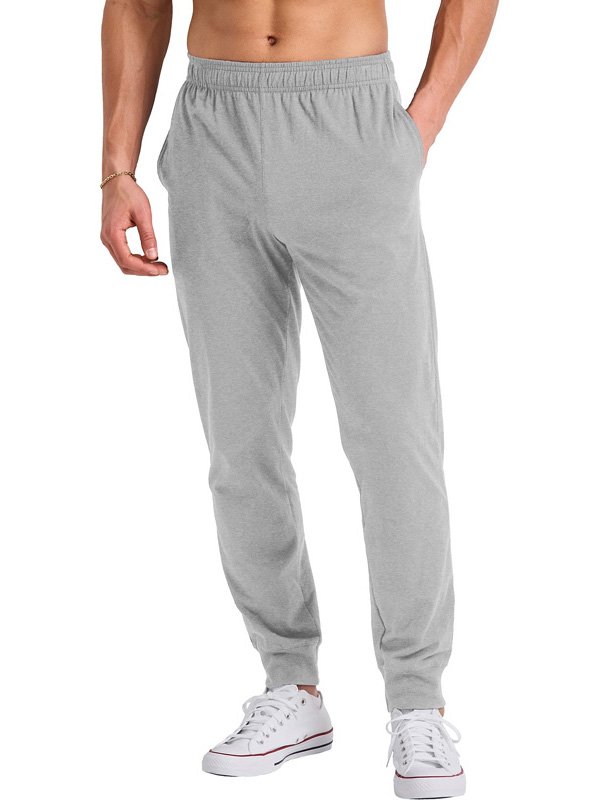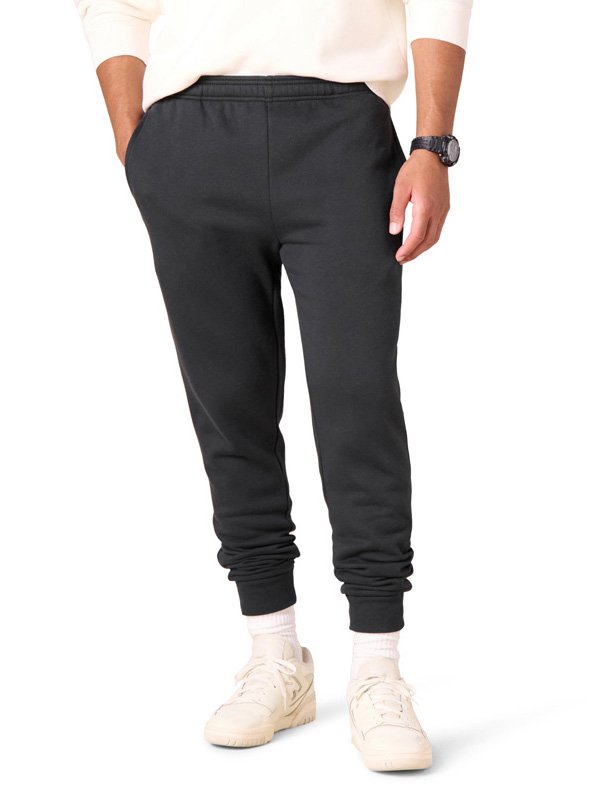Working in the sportswear industry at FuKi Gymwear, I often get asked:
“Why is Puma so popular compared to other big brands?”
The answer is that Puma blends heritage, innovation, and streetwear appeal. While smaller than Nike or adidas, Puma has carved out a strong global identity.
Let’s explore the key reasons behind Puma’s popularity.
Table of Contents
- Puma’s Global Appeal
- Key Reasons for Puma’s Popularity
- FuKi Gymwear – Helping New Brands Compete
- Comparison Table: Puma vs Competitors
- FAQs
- Conclusion
Puma’s Global Appeal
Puma is worn across gyms, stadiums, and streetwear scenes. The brand gained popularity because it:
- Appeals to both athletes and casual wearers.
- Maintains strong roots in football (soccer).
- Collaborates with celebrities and fashion icons.
👉 Reference: Puma Official.
Key Reasons for Puma’s Popularity
Heritage and History
Founded in 1948 by Rudolf Dassler (Adi Dassler’s brother, founder of adidas), Puma carries a legacy of German craftsmanship and innovation.

Celebrity and Athlete Collaborations
Puma boosted its popularity through high-profile partnerships:
- Rihanna (Fenty x Puma)
- Usain Bolt (world’s fastest man)
- Neymar Jr. (football superstar)
These endorsements give Puma global visibility.
Streetwear and Lifestyle Positioning
Unlike brands focused only on performance, Puma excels at blending sports with lifestyle fashion. This makes Puma sneakers a staple in both gyms and street culture.
👉 Related read: Is Puma owned by Adidas?
Affordable yet Stylish
Puma maintains a competitive price range—often cheaper than Nike or adidas—while still offering stylish, durable products. This balance attracts younger audiences.
FuKi Gymwear – Helping New Brands Compete
At FuKi Gymwear, we know why brands like Puma succeed: a mix of style, performance, and identity.
Our strengths for new fitness brands:
- ✅ Low MOQ starting at 100 pcs per style.
- ✅ Eco-friendly fabrics like recycled polyester & organic cotton.
- ✅ Private-label customization for logos, trims, and packaging.

This allows new brands to build their own story—just like Puma did decades ago.
Comparison Table: Puma vs Competitors
| Feature | Puma | Nike | adidas |
|---|---|---|---|
| Founded | 1948, Germany | 1964, USA | 1949, Germany |
| Market Position | Mid-size global player | Largest sportswear brand | #2 worldwide |
| Known For | Football, streetwear collabs | Performance + lifestyle | Football + streetwear icons |
| Style Appeal | Sport + streetwear mix | Sport + lifestyle crossover | Sport + fashion collaborations |
FAQs
Q1: Why is Puma so popular worldwide?
👉 Because it blends sports performance, fashion, and affordability.
Q2: Is Puma bigger than adidas?
No—adidas is larger, but Puma thrives in streetwear and football.
Q3: Who are Puma’s most famous partners?
Rihanna, Usain Bolt, and Neymar Jr.
Q4: What can new brands learn from Puma?
That building cultural relevance through collaborations is key.
Conclusion
So, why is Puma so popular?
✅ It’s thanks to heritage, star power, affordable style, and lifestyle positioning.
For new fitness labels, the takeaway is clear: success doesn’t require being the biggest—it requires a unique identity and relevance.
At FuKi Gymwear, we help brands build their own legacy with custom, sustainable, and private-label activewear solutions.
👉 Begin your journey here: Contact FuKi Gymwear.

